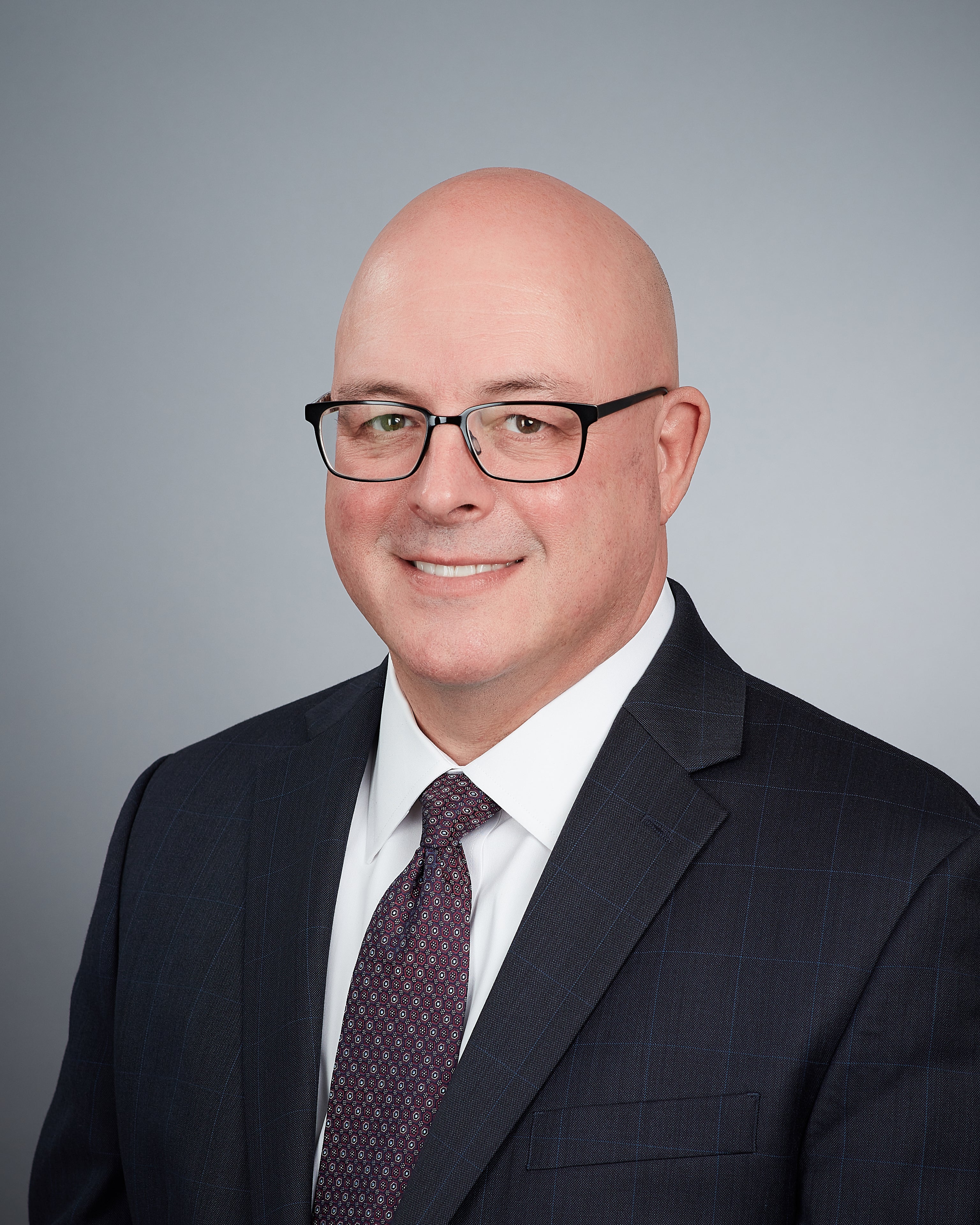June 4, 2025
The following column appeared in USA Today Network New Jersey newspapers.
On May 21, a news alert on my phone set off another round of sleepless nights and communal grief that felt all too familiar. After Pittsburgh, Poway, Monsey, Jersey City, and Colleyville, violent antisemitism had once again come to America.
Yet this time felt even more personal, as two vibrant young Jewish leaders were murdered, or better put, executed, as they left an event in Washington, D.C., hosted by my organization, American Jewish Committee.
As he was arrested by the police, the murderer shouted, “Free Palestine.” Ironically, one of the subjects of the event's panel discussion was humanitarian diplomacy in Gaza.
Similarly, the fanatic who hurled Molotov cocktails Sunday at a pro-Israel march in Boulder, Colorado, injuring 12, shouted “Free Palestine” and called to “End Zionists.”
Words matter, and words have impact beyond their speakers.
That was all too apparent after the Washington shootings. As I watched news reports, echoes of “Globalize the Intifada” rang in my ears. That phrase has been heard frequently on college campuses and at protests across the country since Hamas attacked Israel on Oct. 7, 2023. It is very likely that the perpetrator heard this phrase too, as he reportedly attended such gatherings—he may even have chanted it himself.
According to AJC’s Translate Hate glossary of antisemitic tropes, " 'Globalize the Intifada' is a phrase used by pro-Palestinian activists that calls for aggressive resistance against Israel and those who support Israel. The most prominent expressions of intifada have been through violence, so this phrase is often understood by those saying and hearing it as encouraging violence against Israelis, Jews, and institutions supporting Israel.”
Regardless of the speaker’s intent, the impact on the listener is what matters. This is a call for violence against Jews. Plain and simple. It is by definition antisemitic, and not a great leap to assume it might have been among the influences that led to the murders of Sarah and Yaron.
Since its publication in 2016, the International Holocaust Remembrance Alliance Working Definition of Antisemitism has been adopted by 35 states and the District of Columbia. Here in New Jersey, we have seen its adoption by 20 towns and the New Jersey State League of Municipalities.
It is the gold standard educational tool for identifying antisemitism so that society can call out those who traffic in it. And yet a bill (A3558) that would adopt the IHRA definition and create a public awareness campaign to counter antisemitism, has been stalled in the Assembly. There is no more fitting way to honor Sarah and Yaron than for legislative leaders in Trenton to take up this bill now.
There are those who argue the IHRA definition risks limiting constitutionally protected speech, particularly regarding criticism of Israel. That is a blatant misrepresentation of the definition and its purpose.
The IHRA definition is first and foremost a flexible educational tool intended to help people recognize antisemitism — not sanction speech. In the U.S., as noted in this bill, the First Amendment protects all speech, even racist, xenophobic, homophobic, and antisemitic speech.
However, we as New Jerseyans have not just a similar right, but a singular responsibility to call out that hateful speech for what it is. And where such intolerance has consequences, such as calls that could lead to violence, it is important to have a recognized definition in hand.
Words have have consequences. And in its most extreme form, words can have deadly consequences.
Words that call for violence against Jews must be called out, by the whole of society, for what they are, antisemitism plain and simple. The IHRA definition is the best tool to guide us in those critical efforts.
New Jersey must pass, without delay, this bill adopting the IHRA definition; lest we see words of intifada go unchallenged and become the inspiration for further acts of violence against Jews. We cannot afford to wait because as we learned last week, this is a life-and-death proposition.
Rabbi David C. Levy is Director of American Jewish Committee New Jersey.



